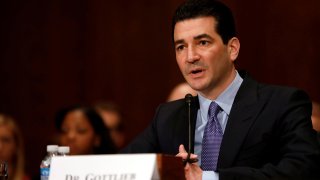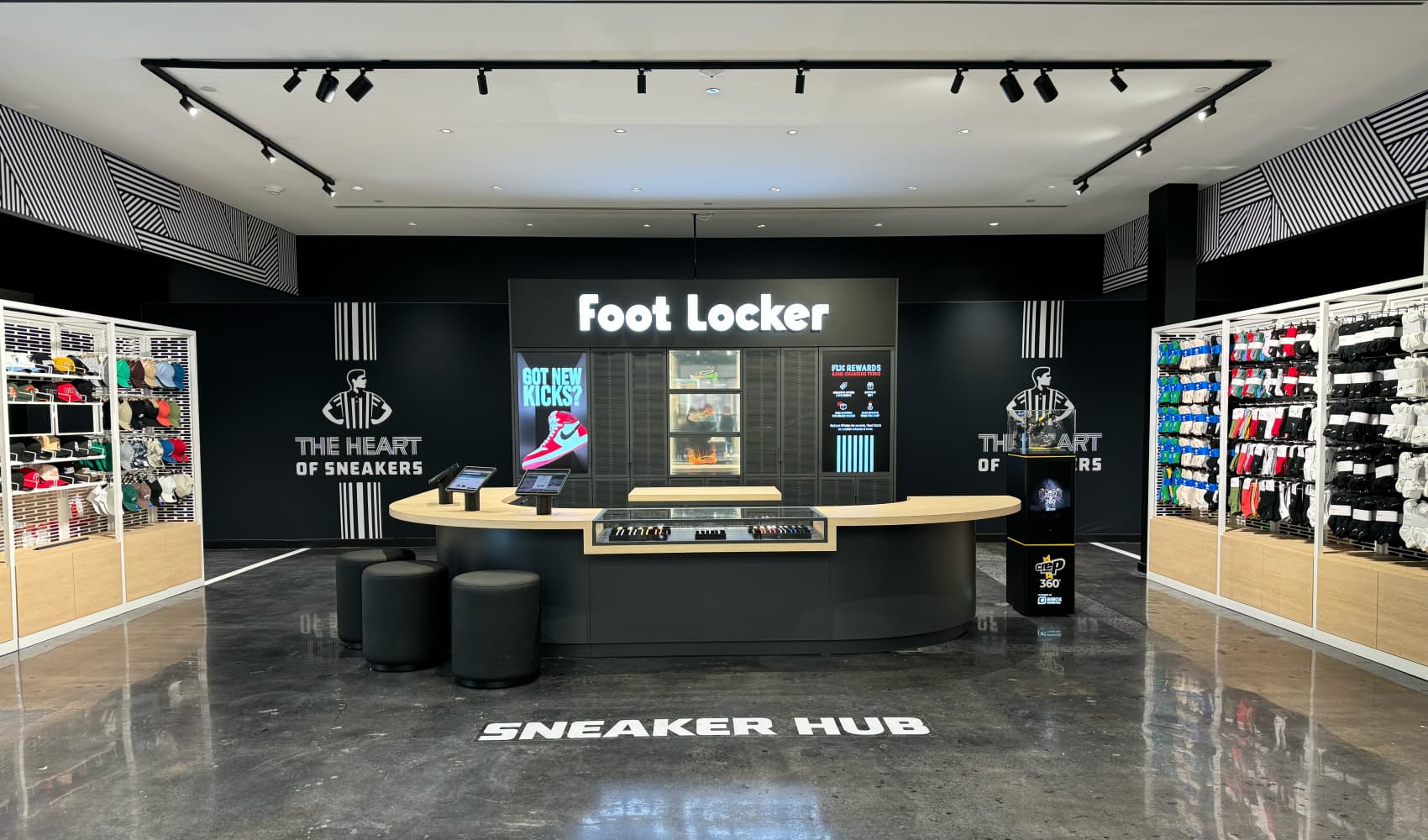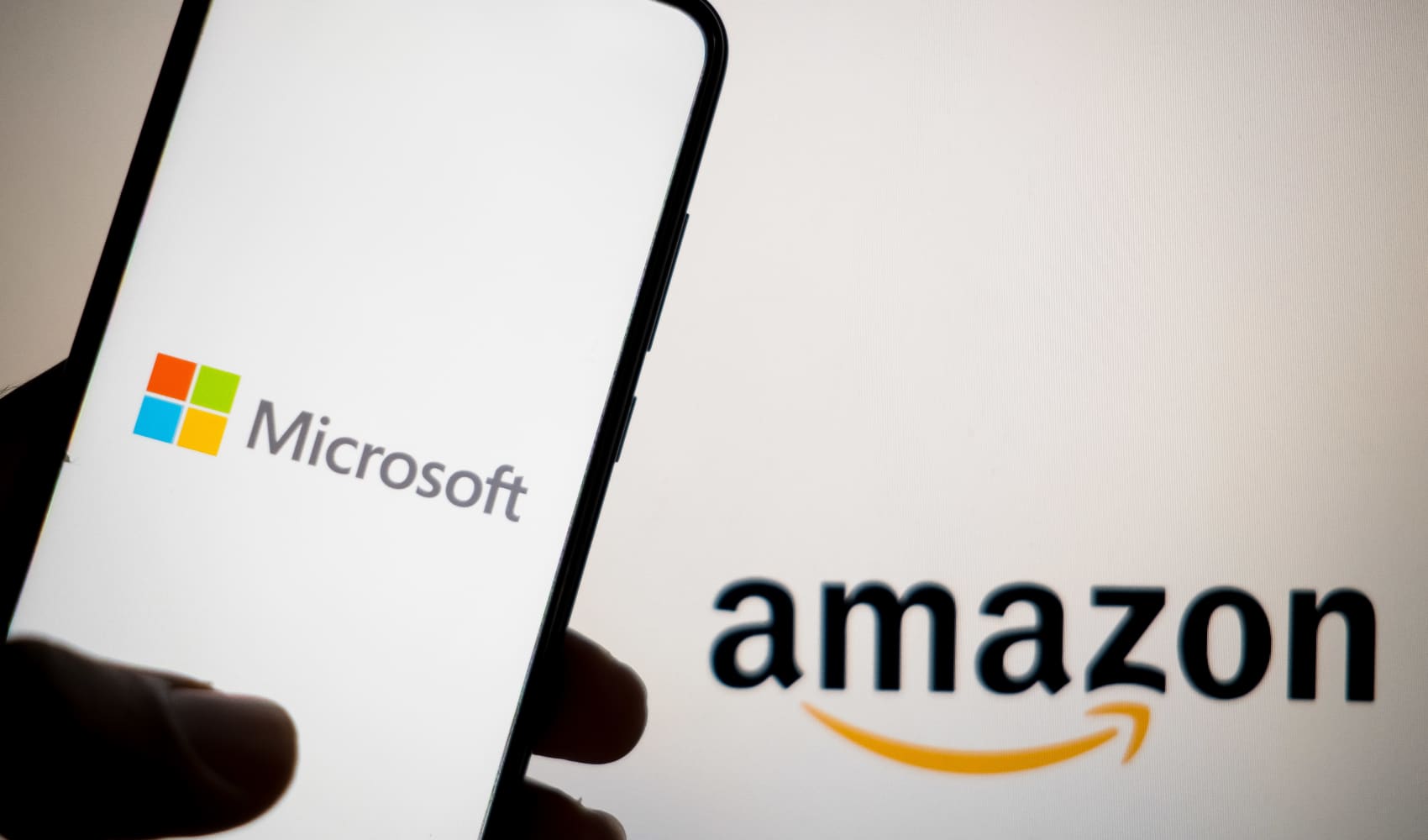
- Dr. Scott Gottlieb told CNBC on Monday he believes Covid cases in the U.K. have "peaked" after a delta variant-related rise.
- That has implications for the U.S. as America battles its own surge in coronavirus infections, the former FDA chief said.
- "If the U.K. is turning the corner, it's a pretty good indication that maybe we're further into this than we think," he said.
Dr. Scott Gottlieb told CNBC on Monday he expects rising U.S. coronavirus cases, linked to the highly transmissible delta variant, to start declining in the next two to three weeks, pointing to the U.K.'s fall in infections as evidence for what may play out in America.
England's experience during the pandemic has been viewed a harbinger for the U.S. and other countries, offering insight into how new strains of the virus may spread later on.
Get Boston local news, weather forecasts, lifestyle and entertainment stories to your inbox. Sign up for NBC Boston’s newsletters.
"I think the more observable trend is what's going on in the United Kingdom, where cases are clearly coming down at this point. There's a very clear trend down. It seems like they've peaked," Gottlieb said in an interview on "Squawk Box."
The U.K.'s seven-day average of new infections reached roughly 47,700 on July 18, after a steady increase beginning in late May, according to government data. Cases have started to fall in recent days, with 29,173 being reported Sunday.
"If the U.K. is turning the corner, it's a pretty good indication that maybe we're further into this than we think and maybe we're two or three weeks away from starting to see our own plateau here in the United States," said Gottlieb, who led the Food and Drug Administration commissioner from 2017 to 2019 in the Trump administration.
Money Report
One reason for Gottlieb's view is the coronavirus testing landscape in the U.S. is different than it was at earlier stages in the pandemic. For example, he said the results of at-home testing that's now available may not be reported to health authorities, so "we're not capturing all of our positive tests."
"A lot of the people who are becoming symptomatic are becoming more mildly symptomatic because they're younger people or they're people who have been vaccinated and just become asymptomatic or mildly symptomatic. So those people aren't presenting for testing," added Gottlieb, who serves on the board of Covid vaccine maker Pfizer.
According to a CNBC analysis of Johns Hopkins University data, the weekly average of new daily Covid infections in the U.S. is nearly 52,000. That's up 61% from a one week ago. As recently as July 5, the nation's seven-day average of new daily infections was just below 12,000.
The surging case count has U.S. health officials considering whether to recommend fully vaccinated people wear masks again, according to White House chief medical advisor Dr. Anthony Fauci.
"Our ascertainment— the percentage of people who are presenting for testing and actually getting recorded— is quite low right now, so this infectious wave must be far more pervasive than what we're detecting, which means we're further into it than what we believe," Gottlieb said.
Gottlieb said that "the only challenge" to the U.S. beginning to see cases roll over in two to three weeks is that such a timeline coincides with when many students will be heading back to school.
"We'll be turning a corner right at the point that schools start to reopen, and my concern is that schools reopening could cause sort of a second bump in cases, or could look like a pattern where you start to see a decline and then it levels out because the reopening of the schools becomes a source of local transmission, and we don't quite get out of it as quickly as we would've," he said. "That remains to be seen."
Disclosure: Scott Gottlieb is a CNBC contributor and is a member of the boards of Pfizer, genetic testing start-up Tempus, health-care tech company Aetion Inc. and biotech company Illumina. He also serves as co-chair of Norwegian Cruise Line Holdings' and Royal Caribbean's "Healthy Sail Panel."






